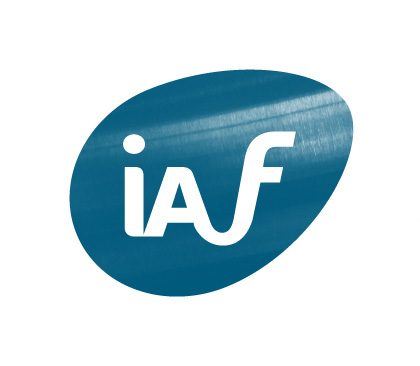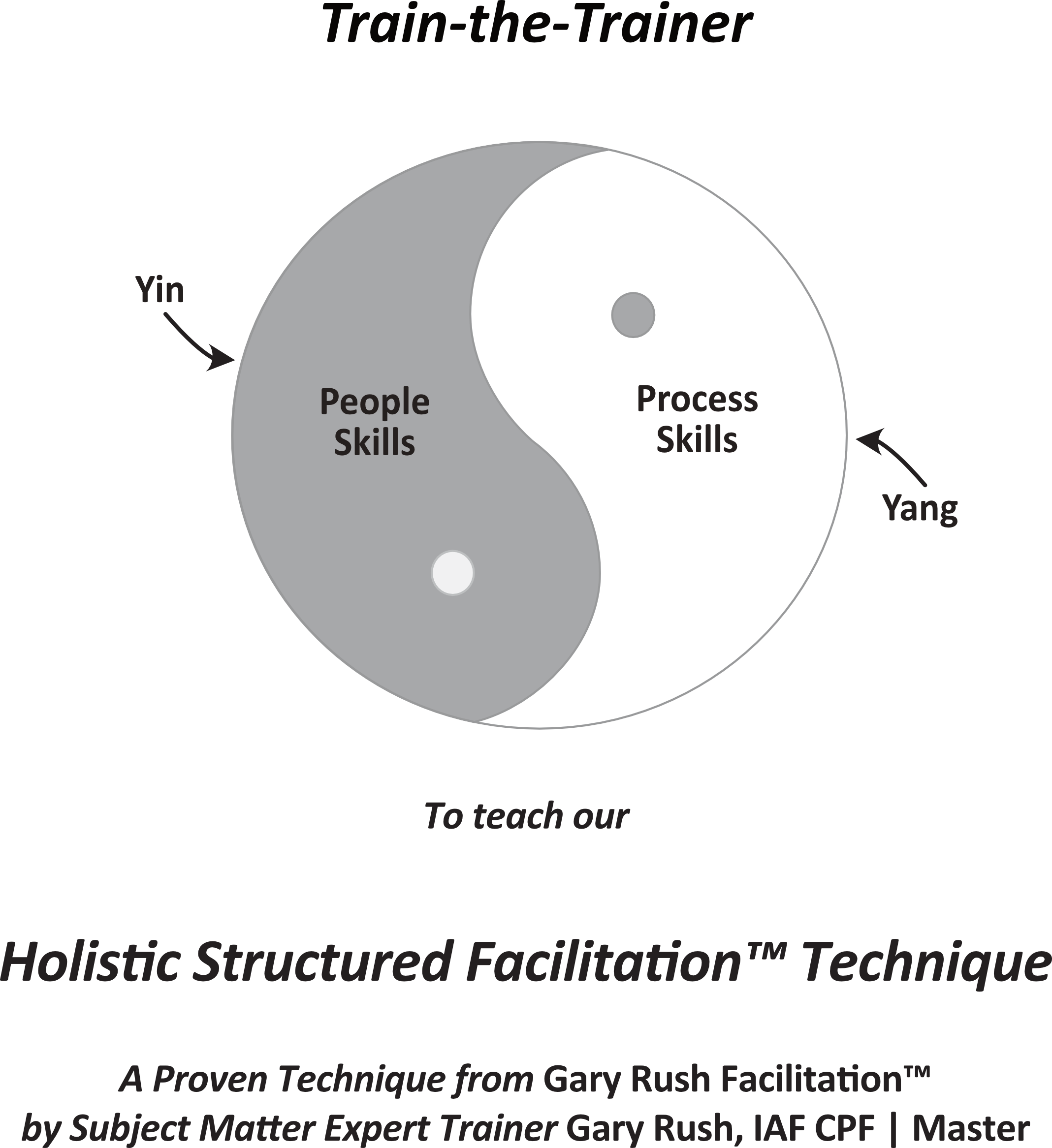August 2008 - The FoCuSeD™ Facilitator eNewsletter

Reflections on a Conference | Gary Rush Facilitation
I attended the 3rd IAF Africa conference in South Africa the week of July 21s. It was a spectacular conference. It was extremely well run by Jerome and Caroline Passmore and the others of the South African Facilitator Network (SAFNET). There were 70 attendees. The attendees were from almost a dozen countries in Africa plus Australia, New Zealand, Singapore, the UK, Canada, and the US. This made for an exciting diverse group – one not seen often. Everyone was warm, pleasant and passionate about facilitation.
Cultural Lessons
With such a diverse group – both at the conference and at the first CPF Certification Event in Africa, there was a lot to learn about cultures and its relation to facilitation.
- In North America, people respect cultural differences, but we have become a cultural “melting pot” which desensitizes people. Violating cultural norms is often overlooked because the cultures tend to blend together and people make allowances for actions of others. In Africa, and other parts of the world, respecting the different cultures requires understanding of the other person’s culture because when you violate one's cultural norms, it is viewed as an offense.
- In North America, attitudes about equality and personal empowerment enable people to behave more openly in response to domination of others whereas, in other cultures, it’s simply not allowed.
- The IAF Core Competencies used when assessing CPF candidates stood the cultural test. Regardless of the cultural differences – which we saw in all of the candidates, the competencies proved valid.
- People can and will adjust in the name of working together. One instance was an exercise that required participants to touch each others' shoulders – safely, but still touch. A Jewish woman and an Islamic man were paired up (not on purpose, it just happened). Both of their fundamental religions and cultures forbid men and women from touching other than when married. When told that they had to touch each others' shoulder, they looked at each other, smiled and did. Both they and the rest of the participants were surprised by their willingness to momentarily forgo their believes in the name of working together.
- I visited the Cradle of Humanity and saw the oldest human fossils. What amazed me is that all humans come from the same origin. We share 99% of the same DNA, yet we still focus on the 1% difference that keeps us separate as a species. Perhaps one day, we will focus on the 99% and learn to get along more as one human race.
Facilitator Lessons
One reason that I continue to attend the IAF conferences is that I learn something valuable at every conference – facilitation tools that I will use and incorporate into my practice. To share a few:
- An effective way to present Ground Rules is environmental – Sun and Rain. It was presented as:
- Do: Suspend, Understand, Nurture
- Don’t: React, Assume, INsist
- A hit exercise by Bettye Pruitt, Philip Thomas, and Dr. Minu Hemmati. They asked the groups to defend which one was most effective in affecting change, the Individual, Relationships, Structure, or Culture (4 aspects in affecting change). After a controlled debate, it became clear that everyone had their biases, but that for lasting change, all aspects were critical and that each situation required beginning with one and moving to the others. The example used was Nelson Mandela (an individual) initiating change by taking a stand, supported by Willem De Klerk (creating a relationship) who changed Apartheid (affecting Structure) and forced society to change in South Africa (changing Culture). One sustains the other.
Observations
In discussions and sessions regarding facilitation and the future of the profession, we found that:
- The profession is growing around the globe.
- Facilitators are passionate about people, continued learning, and growing the profession.
- There is no one-way to facilitate and many different styles and techniques are required and that flexibility in agendas and processes is required to be an effective Facilitator.
- IAF conferences are special because the attendees freely share their ideas and what they have learned. (This made an impression on those who had attended other types of conferences and were first-time attendees at an IAF conference.)
When in the Naval Academy, we were taught that a “professional” was not someone who did a job but someone who lived their profession. A professional is in the role whether at work or at home. A professional continuously learns in order to grow. Therefore, Facilitation is not something you just learn to do – a Facilitator is something you become. ![]()


